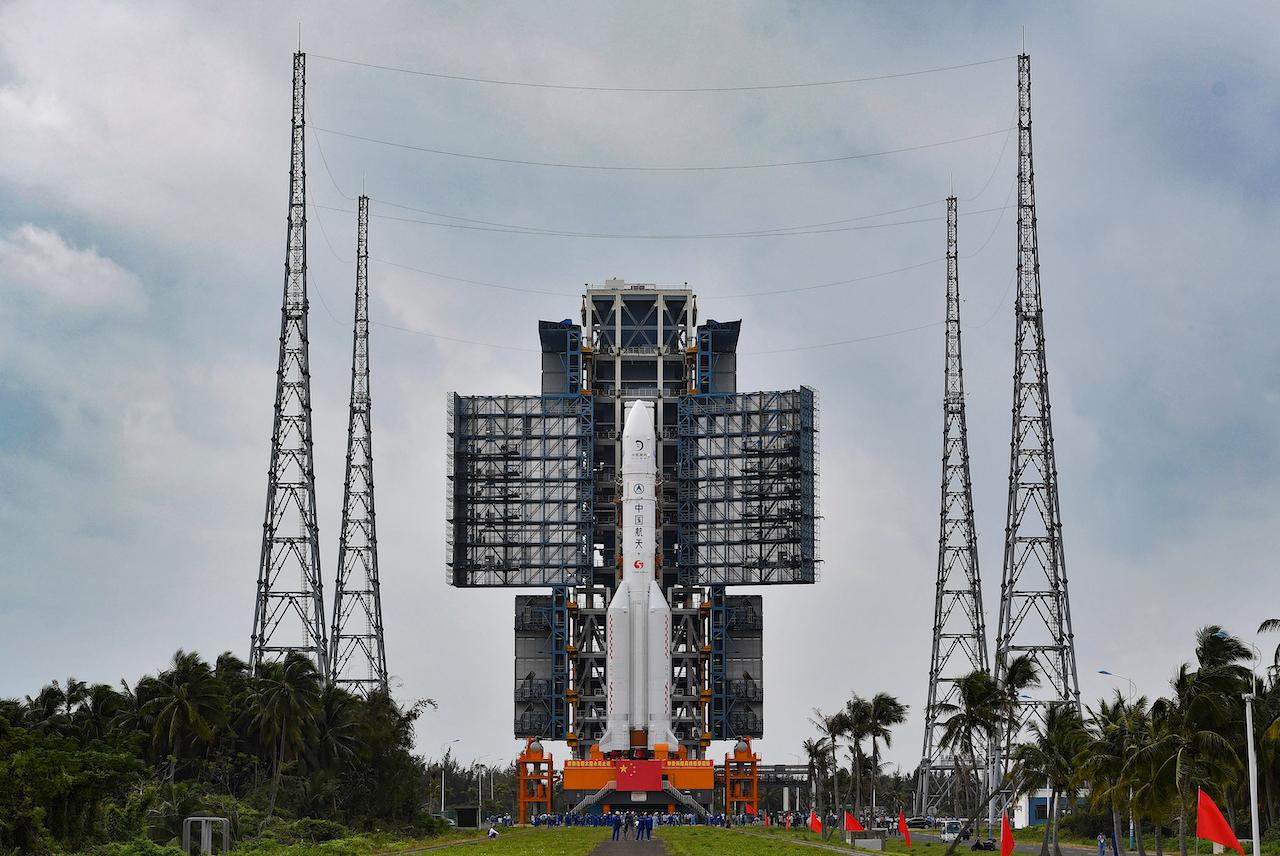China probe aims to bring moon rocks to Earth
The first moon rock hunt for China and the first since the US and USSR brought lunar samples back over 40 years ago.
Just In
China plans to launch an unmanned spacecraft to the moon this week to bring back lunar rocks in the first attempt by any nation to retrieve samples from Earth’s natural satellite since the 1970s.
The Chang’e-5 probe, named after the ancient Chinese goddess of the moon, will attempt to collect material that can help scientists understand more about the moon’s origins.
If successful, the mission will make China only the third country to have retrieved lunar samples, following the US Apollo and the Soviet Union Luna expeditions decades ago.
China’s mission will attempt to collect 2kg of samples in a previously unvisited area known as Ocean of Storms, Reuters reports.
“The Apollo-Luna sample zone of the moon was in an area that covers less than half the lunar surface,” said James Head, a planetary scientist at Brown University in Providence, Rhode Island. “Lunar scientists have been advocating for robotic sample missions to these different areas to address fundamental questions remaining from earlier exploration.”
The Chang’e-5 mission may help answer questions such as how long the moon remained volcanically active in its interior and when its magnetic field dissipated.
Once in the moon’s orbit, the probe will deploy a pair of vehicles to the surface. A lander will drill into the ground then transfer its samples to an ascender that will take them to an orbiting module. They will then be transferred to a capsule for the journey to Earth.
If Chang’e 5 does manage to bring moon rocks to Earth, it is uncertain which countries, if any, will be granted access to them. China is tight-lipped but America is likely to be last in the queue. For the past couple of decades US governments have been reluctant to co-operate with China in space-related matters, largely because of fears about giving away secrets useful for designing ballistic missiles.
In July, China launched an unmanned probe to Mars in its first independent mission to another planet. China plans to retrieve rock samples from Mars by 2030.
Subscribe to our newsletter
To be updated with all the latest news and analyses daily.
